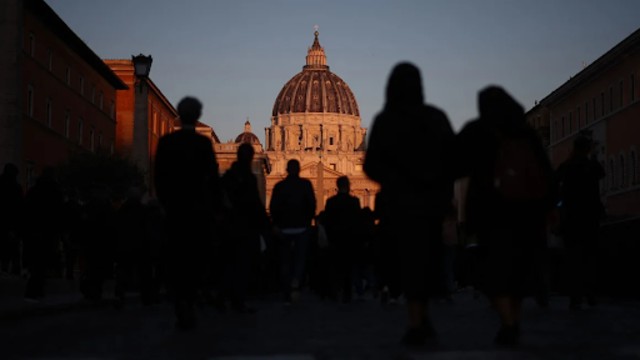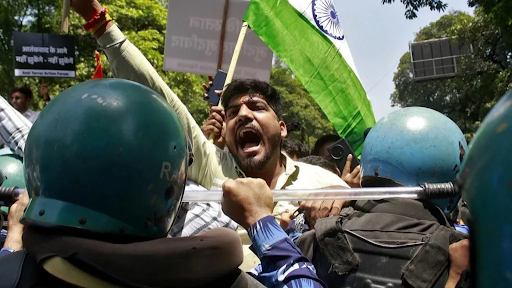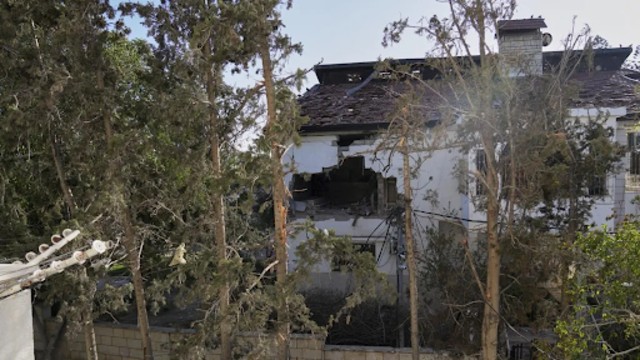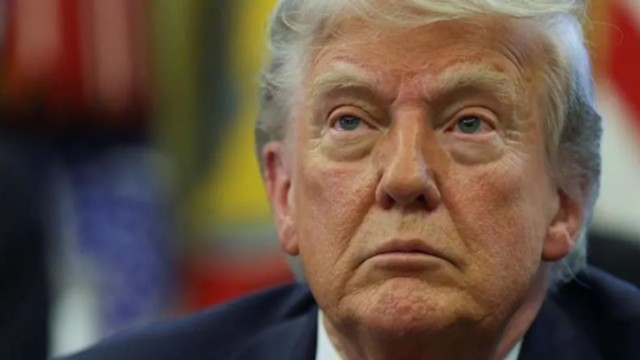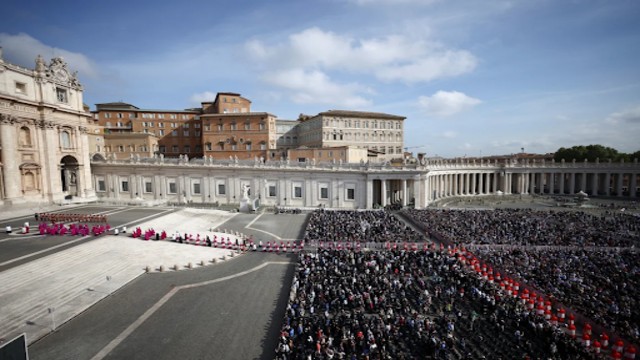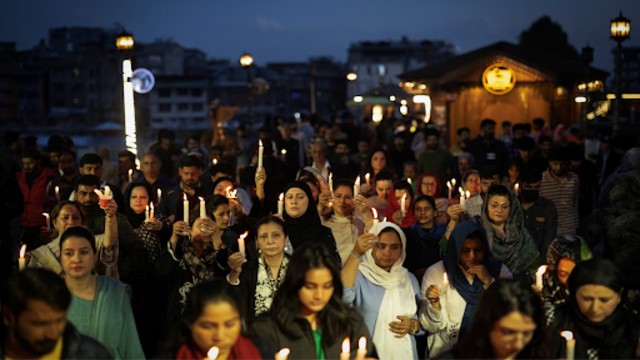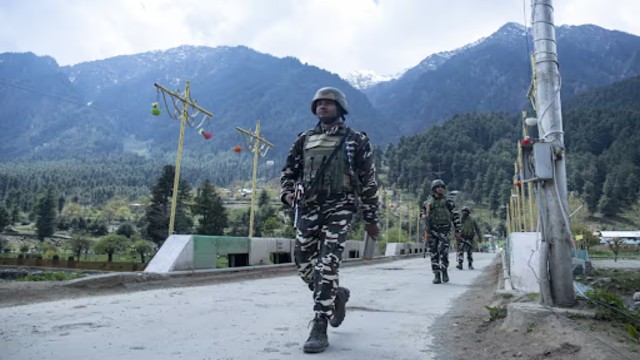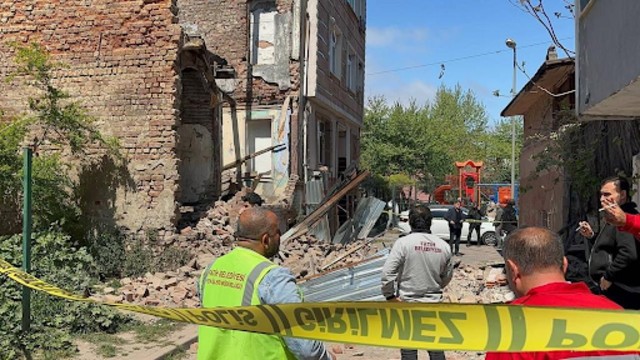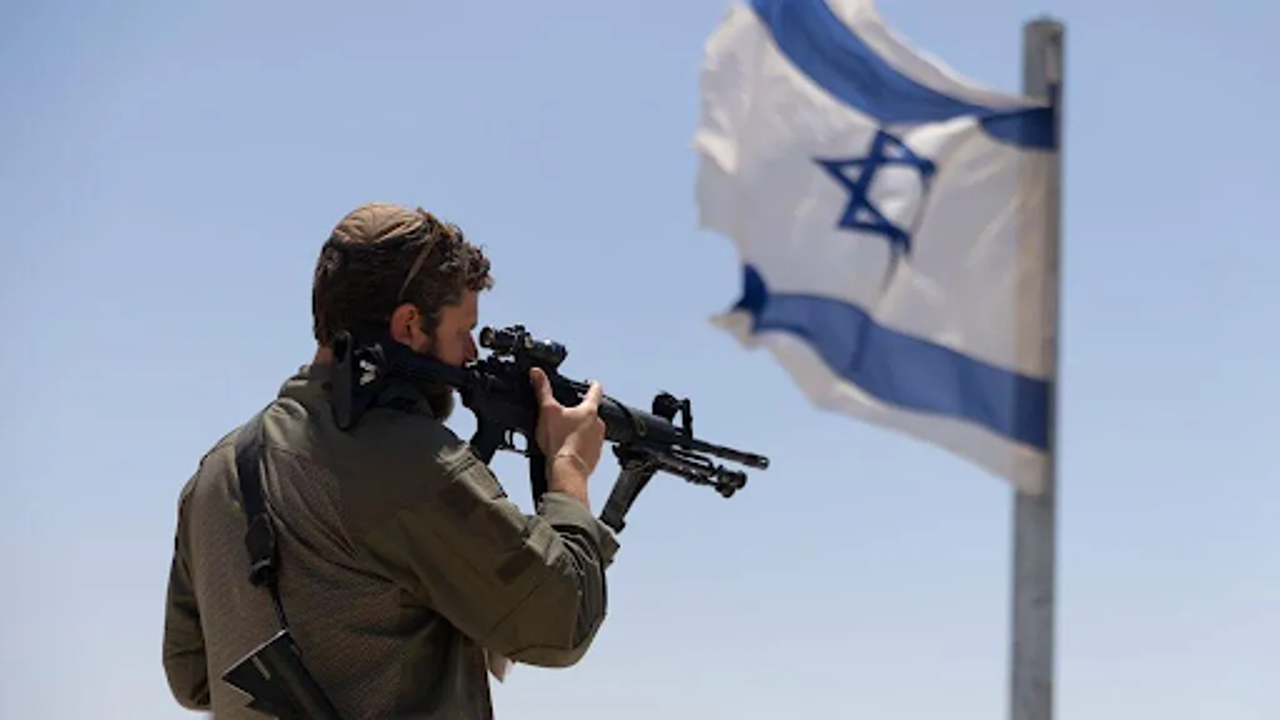
Israel and Hezbollah have been in a prolonged conflict along their border for several months. Getty Images
Israel’s Prime Minister Benjamin Netanyahu vowed that Hezbollah will face severe consequences for an attack that killed 12 children at a football field in Majdal Shams, located in the Israeli-occupied Golan Heights. The actions Netanyahu and his Defense Minister Yoav Gallant decide to take will determine if the border conflict between Israel and Lebanon escalates into a larger war or remains contained.
The border conflict started after Hamas attacked Israel on October 7 last year, prompting Hezbollah to fire rockets into Israel in support of the Palestinians. Since then, both sides have mostly targeted military installations, though civilians have also been affected. This has kept the conflict somewhat limited, but it has still forced tens of thousands of people on both sides to abandon their homes, turning bustling communities into ghost towns.
The fear is that a major attack on civilians could lead to uncontrolled escalation, bringing both Israel and Hezbollah's full military might into play. Action against Hezbollah in the less populated areas of southern Lebanon might not escalate the conflict, but targeting civilians or critical infrastructure in Beirut could.
Hezbollah denies involvement in the Majdal Shams attack, and it is unlikely they would intentionally target Druze children at a football match. They have mostly adhered to the unspoken rules of the conflict, targeting soldiers rather than civilians. It’s possible they were aiming for Israel's military positions on Mount Hermon.
Hezbollah is a formidable adversary, stronger than Hamas and more powerful than the Lebanese state. Its leader Hassan Nasrallah has close ties to Iran’s Supreme Leader Ayatollah Ali Khamenei, and Hezbollah fighters are well-trained and equipped with a significant arsenal of missiles from Iran.
Israel's leadership is aware of Hezbollah's strength and the ongoing strain on their military, which relies heavily on reservists. They are also under pressure from allies, particularly the US, to avoid actions that could escalate the conflict into a full-scale war. The US and France have attempted to negotiate a de-escalation, but the ongoing conflict in Gaza hampers their efforts.
The Israel-Lebanon border remains a potential flashpoint for a wider Middle East war. Even if the current crisis over the football field attack doesn’t lead to a larger conflict, the fragile and unstable "rules" of the border war mean that a single incident could trigger a catastrophic war.


